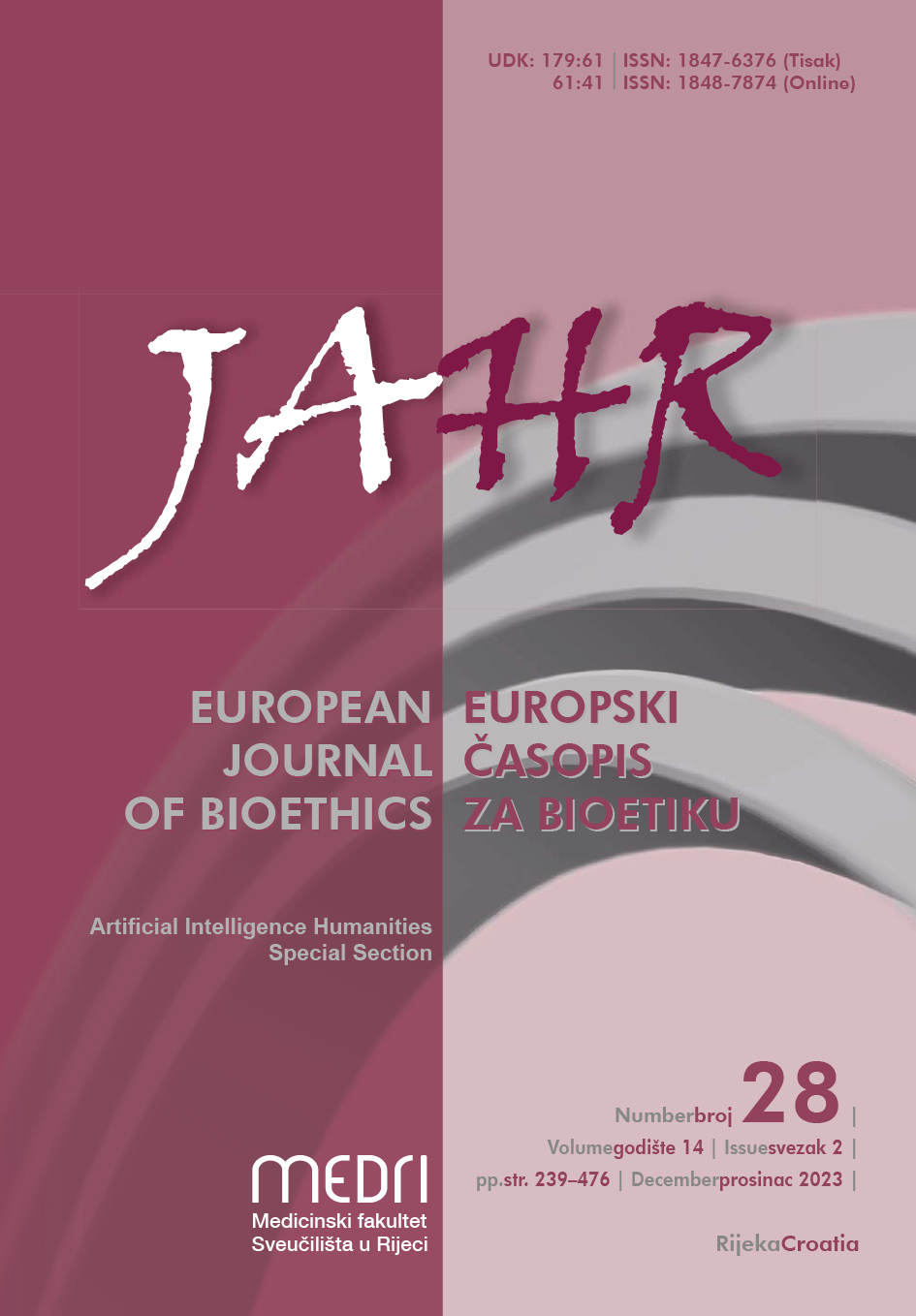Percepcija društvene kontrole i upotreba marihuane među zagrebačkim studentima
Keywords:
društvena kontrola, upotreba marihuane, devijantnost, studentiAbstract
https://doi.org/10.21860/j.14.2.2
Kroz istraživanje stavova o marihuani i obrazaca njene upotrebe među zagrebačkim studentima u radu se preispituje analitička upotrebljivost Hirschijevih i Beckerovih mehanizama društvene kontrole devijantnosti. Prikazani su rezultati kvantitativnog istraživanja kojim se željelo utvrditi razlikuju li se korisnici od nekorisnika u sagledavanju teoretski formuliranih mehanizama društvene kontrole upotrebe marihuane – dostupnosti, tajnovitosti, privrženosti, predanosti, uključenosti, uvjerenja i moralnosti. Pokazalo se da se korisnici od nekorisnika razlikuju jedino u dimenzijama moralnosti i uvjerenja te da i jedni i drugi tajnovitost promatraju kao još uvijek važan mehanizam društvene kontrole upotrebe marihuane. Percepcija ostalih mehanizama ne sugerira njihov utjecaj na stavove i prakse konzumiranja marihuane među studentima i ostavlja prostor za razmatranje upotrebe marihuane u terminima društveno podnošljivog oblika devijantnosti.
Downloads
Published
Issue
Section
License
Authors who publish with this journal agree to the following terms:
- Authors retain copyright and grant the journal right of first publication with the work simultaneously licensed under a Creative Commons Attribution License that allows others to share the work with an acknowledgement of the work's authorship and initial publication in this journal.
- Authors are able to enter into separate, additional contractual arrangements for the non-exclusive distribution of the journal's published version of the work (e.g., post it to an institutional repository or publish it in a book), with an acknowledgement of its initial publication in this journal.
- Authors are permitted and encouraged to post their work online (e.g., in institutional repositories or on their website) prior to and during the submission process, as it can lead to productive exchanges, as well as earlier and greater citation of published work (See The Effect of Open Access).



